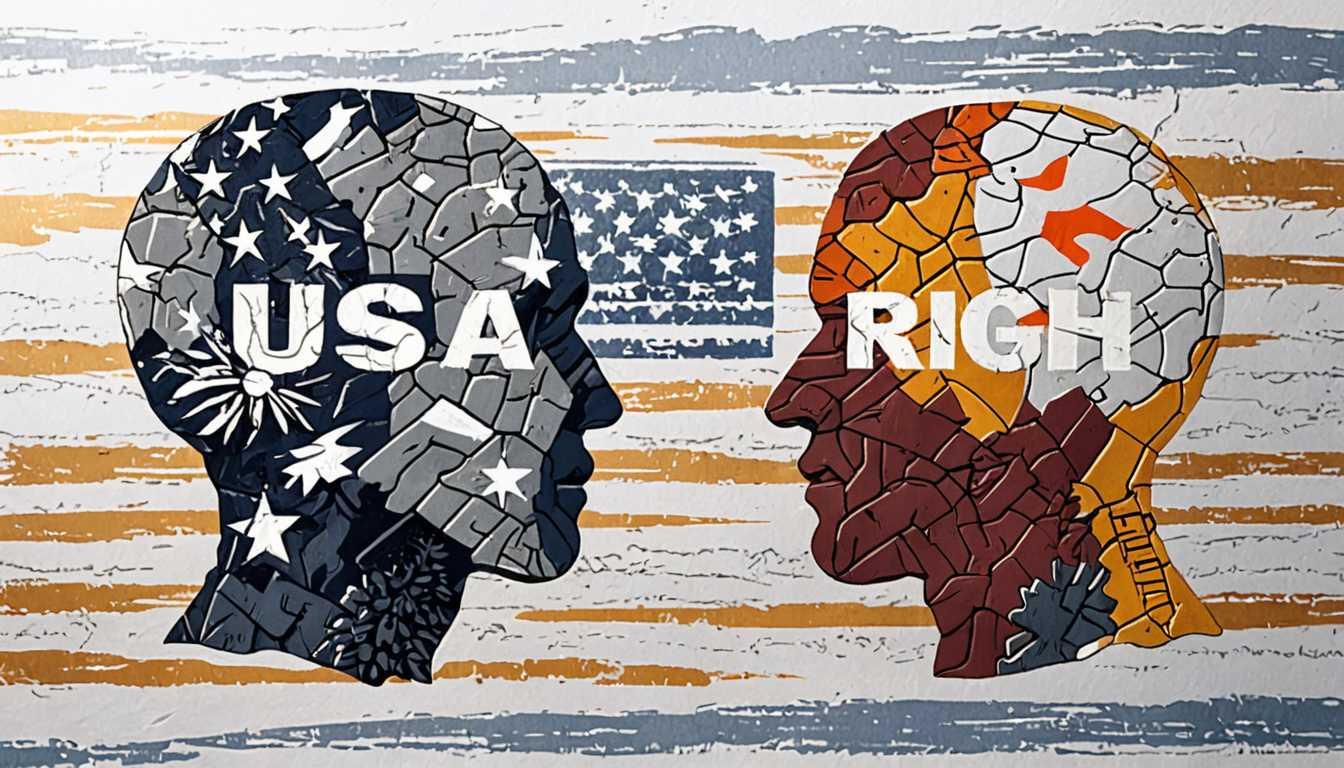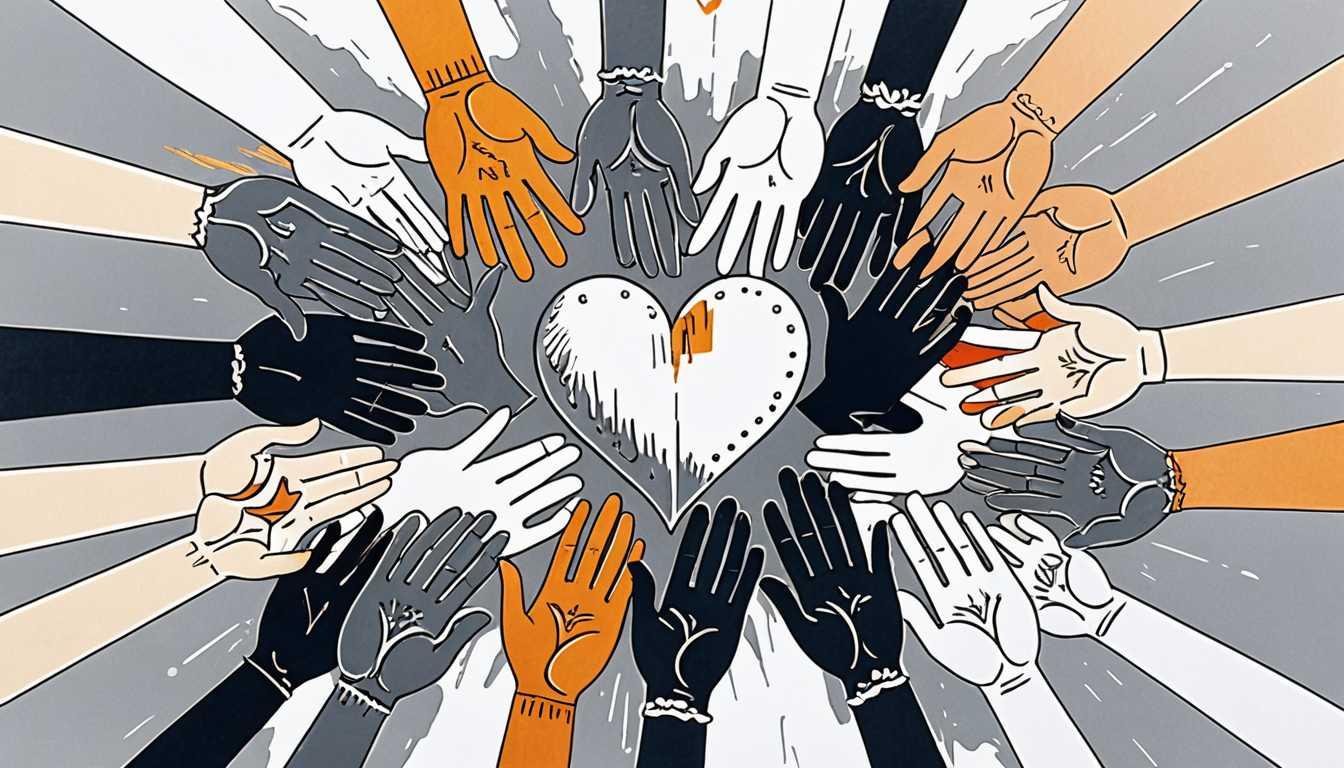Brains Wired for Bias: A Political Divide
July 2023
Brown University
Introduction
Dive into the world of brainwaves and political bias with Brown University's latest discovery: why liberals and conservatives might as well be from different planets when interpreting words like freedom or the sight of the American flag. Through cutting-edge brain imaging, researchers reveal our 'neural fingerprints' light up in eerily similar patterns among those sharing political beliefs, shaping our very perception of reality. It's not just what you think, but how your brain's wired to think it!
READ FULL ARTICLEWhy It Matters
Discover how this topic shapes your world and future
Unraveling the Mystery of Minds in Agreement
Imagine entering a world where every word, image, or event is like a puzzle piece, fitting into your brain's unique pattern. Now, picture how this puzzle might look different in someone else's mind, especially if they have different beliefs or opinions from you. This isn't just a thought experiment; it's a peek into how our brains might be wiring us to see the world through tinted lenses, particularly when it comes to politics. Researchers have discovered that people with similar political views have brains that react to political words and concepts in strikingly similar ways. This finding is crucial because it sheds light on why discussions about politics can sometimes feel like talking to a brick wall. Understanding the neurological roots of political polarization can help us navigate these conversations more effectively and empathetically. For you, this means recognizing that the way we process information is not just about the facts but also about how our brains are wired to see those facts. This insight could change how you engage with the world and the people around you, making it a topic of global significance and personal relevance.
Speak like a Scholar
Neural fingerprints
Think of this like a unique brain signature that lights up when you think about specific concepts, such as "freedom" or "immigration."
Neural synchrony
This is when two or more brains light up in similar ways, showing that they are processing information in a synchronized manner.
Functional magnetic resonance imaging (fMRI)
A high-tech brain scanner that tracks where blood flows in the brain, helping scientists see which parts are working hard when we think, feel, or do something.
Representation similarity analysis
A method to compare how different brains respond to the same word or image, revealing if they process information in similar ways.
Neural segmentation
The brain's way of breaking down continuous information (like a conversation or a movie) into understandable chunks, similar to dividing a text into sentences and paragraphs.
Semantic representations
The underlying meaning of words or concepts as they are encoded in our brains, shaping how we interpret the world around us.
Independent Research Ideas
The role of emotion in political neural synchrony
Investigate how emotional responses to political content might enhance or disrupt neural synchrony between individuals with similar political beliefs.
Cross-cultural neural fingerprints of political concepts
Explore how neural fingerprints for political concepts vary across different cultures and whether this affects global political discourse and understanding.
The impact of social media on neural representation of politics
Examine how exposure to politically charged content on social media platforms influences the neural representation of political concepts over time.
Neural segmentation differences in bilinguals during political discourse
Study how bilingual individuals segment political information in their second language compared to their native language, and if this affects their political perspectives.
The effect of education on political neural fingerprints
Research how different educational backgrounds might shape the neural fingerprints of political concepts, potentially offering pathways to reduce polarization.
Related Articles

Cash Rewards vs. Fake News: A Study
March 2023
University of Cambridge

Brains, Bias, and Politics Unveiled
May 2021
Brown University

Nudging Truth Across Party Lines
April 2024
Cornell University

Bridging Divides: A Path to Democracy
October 2024
UC Berkeley NewsCenter

Brainwashing: Myths and Science
April 2024
MIT Technology Review